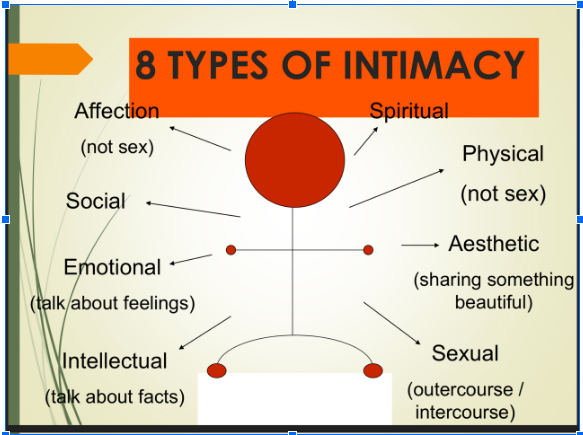
We all understand that we need to physically distance ourselves from others during this time, due to the Coronavirus. The physical distance between us will hopefully prevent mass exposure, but keeping our distance from one another can also leave us feeling isolated, alone, lonely, and depressed. This is why it is so important that we are conscious and purposeful about connecting with others, especially during this very stressful time.
Our brains are hard-wired to connect. We are social beings. So, let’s find creative ways to connect during this physical distancing. If you are at home with your family, there are lots of ways we can create connection. If you have kids of any age, playing board games, card games, or other game room activities, if you have them, like pool or ping-pong, are all great ways to spend time together. Video games are fine too, but face to face connection is best for connection, when possible.
Taking walks, bike rides, and hikes are also nice for connecting, getting some exercise, and having a change of scenery away from the inside of our homes. If you have a dog, maybe you can add an extra walk per day and walk with a friend and his/her dog. If you have cats, or other fur babies, get some extra hugs and playtime in with them, so you can feed your soul while giving your pets the love they need.
Other activities are making music together or listening to music, making videos, taking virtual tours, for example, to a zoo or art museum, and also playing in the yard. Speaking of yards, this is a great chance to get caught up on weeding the yard, tending to a garden, or better yet, building a home garden! More outdoor fun includes having picnics together and watching the sunsets.
 This is also a perfect opportunity to introduce meditation to your kids by turning on your favorite meditation app and laying on the floor and either invite your kids or let them join in naturally, whichever happens first☺
This is also a perfect opportunity to introduce meditation to your kids by turning on your favorite meditation app and laying on the floor and either invite your kids or let them join in naturally, whichever happens first☺
Technology: Tech is our Friend! Now more than ever connect via your tech….cell phones, computer, gaming, anything that connects you to others is exactly what we need to do. Many people can only communicate and check on each other through technology right now, so call each other, text, email, schedule Facetime, schedule Zoom meetings, Facebook, Instagram, or any other meeting platform that works for you. Staying connected at work is very important as well. Not only do we want to continue to foster healthy relationships at work, but for many of us, work still needs to happen even if we don’t go into our office, and meetings can still take place via tech, so we can be productive if our job allows it.
Intimate Relationships:
In our intimate relationship there are several purposeful ways we can create connection. First, everything above is great for couples too. Adding to those, if date night at a restaurant is not possible, plan a night to cook dinner together or get take out and make the dinner experience special in some way, maybe by sitting in your fancy dining room or having a fun indoor/outdoor picnic. Nail salons and massage therapists are also likely to be closed right now, so giving each other foot massages and/or full body massages not only is great intimate connection, but also an effective way to reduce tension and stress.
Meditating and/or praying together is a very important connecting activity as well. Meeting with your partner in a place of spirituality will deepen your connection.
Eye gazing is also a way we can create connection. Eye gazing can create an ‘electric charge’ and help couples reconnect, when they have been disconnected for many years. Eye gazing also is an important component of Encounter Centered Couples Therapy (ECCT), a highly effective and connecting couples therapy. If you’d like to learn ECCT and begin your connecting journey, contact me at 919-382-0288 or Sophia@bullcitypsychotherapy.com
We can learn ECCT via teletherapy too.
Included is a slide of the 8 Types of Intimacy…..Sex is just one type! So, there are
many ways to know our partner and be intimate together. All of these can be accomplished while we are practicing physical distancing….as long as partners are physically healthy☺












